The views expressed in our content reflect individual perspectives and do not represent the authoritative views of the Baha'i Faith.
Baha’u’llah, the founder of the Baha’i Faith, made this deeply meaningful statement in one of his best-known writings:
The heaven of divine wisdom is illumined with the two luminaries of consultation and compassion and the canopy of world order is upraised upon the two pillars of reward and punishment. – Tablets of Baha’u’llah
The concise beauty of this single sentence hides its amazing complexity. Frequently affirmed by Baha’u’llah in his various subsequent writings, he mentions that these affairs pertain to the sovereigns of the age. In other words, for Baha’u’llah this statement is intended as a guide to political philosophy.
A real social order is one defined by justice and unity. This lasting order, based on unity and justice, consists of two apparently opposite sets of principles. One principle is consultation and compassion, whereas the other principle is reward and punishment.
In other words, an authentic social order has four basic elements: consultation, compassion, reward, and punishment. While these four factors have diverse implications in relation to various concepts, one of their main implications relates to the choice between the two forms of political economy, namely, capitalism and communism.
Baha’u’llah gives us a vision that transcends both of these models – and yet it contains within itself elements of the two opposing systems. Abdu’l-Baha frequently emphasized that one of the central teachings of Baha’u’llah is ta’dil-i- Ma’ishat. Unfortunately, this Persian term has never been well-translated in English discussions of this same teaching. The usual English translation is “elimination of the extremes of wealth and poverty,” but the term literally means moderation/justice in sustenance or economic means.
The Persian word ta’dil, derived from ‘adl or justice, means both moderation and enforcing justice. The term Ma’ishat means livelihood or sustenance. From a Baha’i perspective, then, economic justice does not involve either the forced equality of outcomes in communism, or the forced extremes of inequality we see in capitalism. Instead it means economic freedom accompanied with moderate inequality without extremes. Such moderation and freedom depends on the four factors mentioned in Baha’u’llah’s statement.
A Baha’i Critique of Communism
The concept of communism defines itself as a philosophy of consultation and compassion, the first two elements in Baha’u’llah’s statement. According to this philosophy, economic decisions must be based on the collective consultation of the community. Therefore, individual economic decisions are replaced by collective decisions. This means that society as a whole decides both its economic activities and the economic outcomes of the individuals. This is possible because communism permits no private property in society, which in turn theoretically leads to equal income for all of its members.
Karl Marx justified his support of communism by his criticism of the inherent injustice in a capitalist system. In capitalism, Marx believed, those who do not work are appropriating the surplus produced by others. Marx calls this unjust appropriation of resources exploitation. The solution to exploitation, therefore, becomes communism. Furthermore, Marx described the state as always a repressive institution, an agent for the interests of the dominant class in its exploitation of other classes. Marx believed, with the elimination of private property and economic inequality, that the state would naturally “wither away,” and die automatically. An ideal communist society, therefore, is one in which the state does not exist.
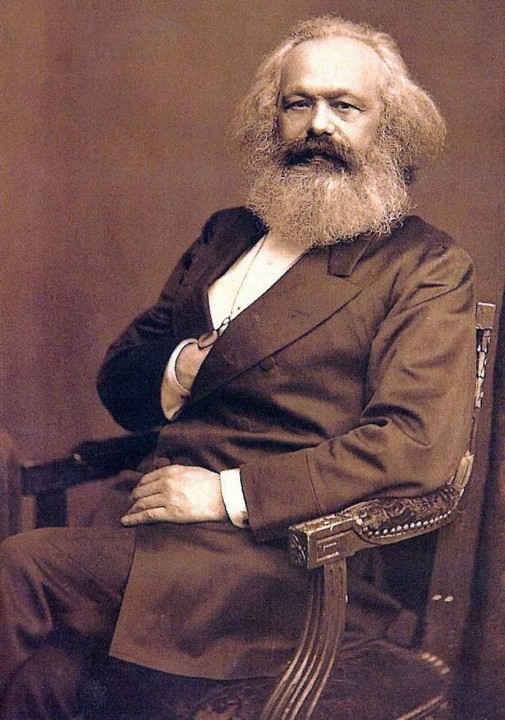
The communist philosophy rightly praises both consultation and compassion. However, this philosophy eliminates the entire notion of reward and punishment, the two other factors discussed by Baha’u’llah. Marx was right to reject exploitation as immoral – but exploitation is the very essence of the negation of the twin principles of reward and punishment. Namely, when the work and achievement of an individual is not related to the reward they receive in society, we have exploitation and injustice.
However, unbridled capitalism is not really a true expression of the system of reward and punishment, either, because the connection between productivity/work and its just rewards is incomplete. But the solution offered by Marx, namely communism, means that any and all relation between productivity/work and reward is completely eliminated. All would be equal regardless of what they would or would not produce. Communism, then, universalizes exploitation. If capitalism was partly an exploitation of the non-owners by the owners, communism eliminates the entire system of reward and punishment.
The communist philosophy has at least two further major contradictions and inadequacies. First, communism sees itself as realization of freedom, compassion, and consultation. That is why it assumes that there would be no state and no coercion in a communist order. The problem, however, is that the only way any forced equality of outcomes can be maintained in society is through the elimination of all kinds of individual freedom and autonomy.
If a slight degree of economic freedom emerges in society, necessarily social inequality appears. Therefore, the only way that such imposed equality can be realized is through permanent institutional control of the detailed aspects of an individual’s life and activities. But this means that communism necessarily becomes a totalitarian state, and not a stateless society. That is why, contrary to all Marxist expectations, the emergence of communism has always led to a bigger, more repressive, and more interventionist state. In communist countries, the state did not wither away. Instead, it always became a totalitarian state of absolute repression, collectively enslaving the members of society to the state’s bureaucracy and its dictates.
The second problem with the communist philosophy is that Marx, by his negative definition of the state, could not understand the significance of a democratic form of state – a modification of pure capitalism. Marx ignored democracy as a bourgeoisie trick to continue the exploitation of the non-owners. Like Rousseau’s “general will,” Marx assumed that society has the right to extend public decision-making to the detailed aspects of individual economic life. But this conception of consultation inevitably becomes totalitarianism, which enslaves humanity. Instead of compassion, coercion; and instead of consultation, the arbitrary dictates of a political state – these define the actual reality of a communist society.
A Baha’i Critique of Unbridled Capitalism
If the advocates of communism defined their philosophy in terms of consultation and compassion, the advocates of capitalism or liberalism define themselves in terms of the centrality of reward and punishment. The central idea is economic freedom or liberty. In pure capitalism, individuals engage in the market, and depending on their productivity and achievement, they receive consequent rewards or punishment. Many perceive this system as both just, because the outcomes are determined by activities and merits of the individuals, and progressive, because the system of economic liberty motivates the individual to work efficiently, to imagine alternatives, and to be creative. The result: both increasing creativity and rising prosperity for society.
This liberalist philosophy is right when it praises justice and liberty, or the system of reward and punishment. However, this system eliminates the two concepts of consultation and compassion, which distorts the very reward and punishment themselves. A liberalist, capitalist philosophy sees humans as selfish and utilitarian entities, solely motivated by the pursuit of their own interests. Consequently, unbridled market competition becomes the only regulating principle of society.
Unfortunately, this kind of system ultimately destroys the foundations of true liberty, justice, reward and punishment – because it allows the accumulation of wealth in the hands of a few, which leads to increasingly unequal opportunities in society. Consequently, under this lack of equal opportunity, no existing system of reward and punishment would remain truly just, since it hardly reflects the real productivity or achievement of individuals.
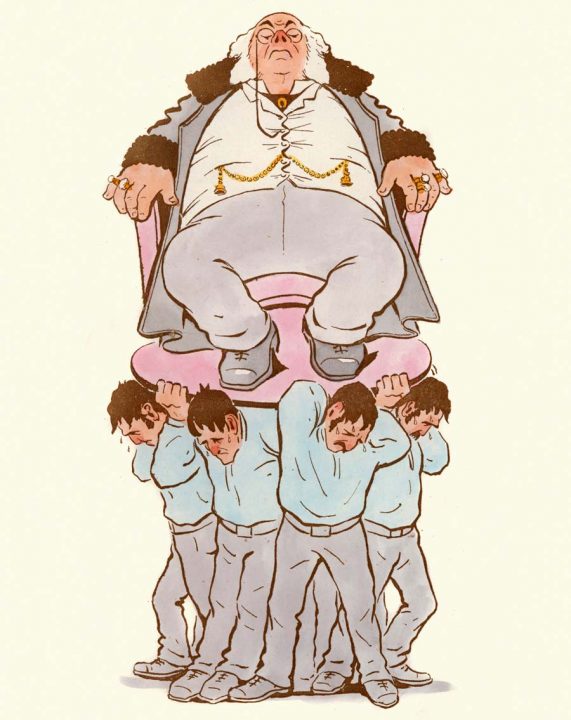
Finally, uncontrolled competition eventually destroys itself. The result of competition is increasing inequality, and that eventually leads to a situation in which no ordinary person can compete with the economic giants that control various areas of business and commerce. Competition, therefore leads to monopoly, which brings about the death of freedom and liberty. The Marxian criticism of capitalism as a system of exploitation was partly right when it emphasized the unequal opportunities between the owners (the capitalists) and the non-owners (the workers). Liberty and justice, therefore, turn into extremes of inequality, poverty, corruption, and direct and indirect forms of coercion.
Toward a Holistic Social Order
In this short space we cannot do justice to the complexity of Baha’u’llah’s statement. However, the essence of his utterance is that all four factors – consultation, compassion, reward, and punishment – need to be united in order to realize freedom, justice and unity in society. Reward and punishment are absolutely necessary for a just and free society. That is why communism cannot be a solution. This also means that a just order is neither one of forced equality of outcomes nor one of extremes of inequality.
Baha’u’llah’s culture glorifies work and industry, even elevating work done in the spirit of service to the station of worship. The worst people in the sight of Baha’u’llah are those who can work, and yet remain idle and expect others to support them. That is why Baha’u’llah has forbidden both begging and supporting beggars who can be productive members of society.
But reward and punishment could be truly an occasion for justice and liberty when the system of reward and punishment is rooted within a system that institutionalizes consultation and compassion.
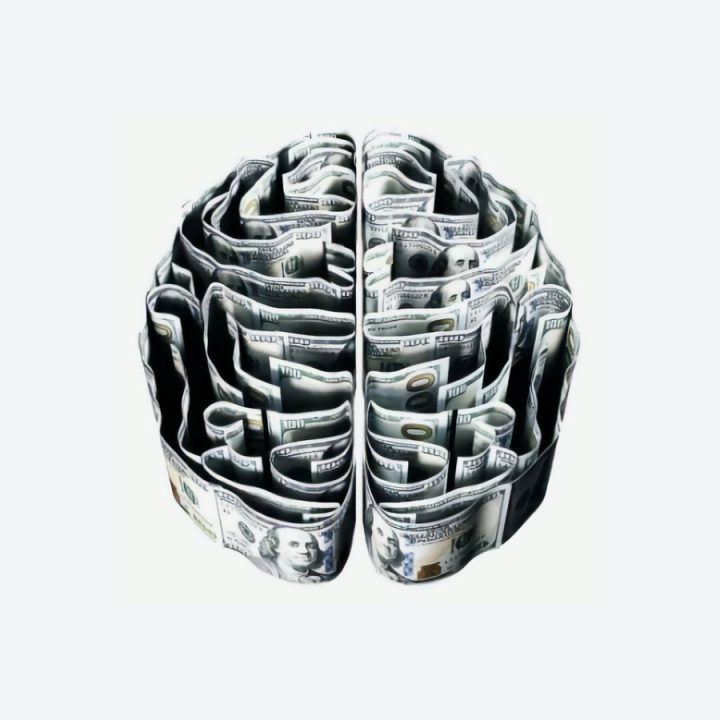
Consultation in the writings of Baha’u’llah is, before all else, the realization of political democracy. One of the reasons for Marx’s mistake about capitalism, state and political democracy was his inability to realize that through the emergence of political democracy basic equality of opportunities could be institutionalized in society. In such an enlightened society, the economic non-owners become equal with the minority owners within the realm of political voting. Therefore, political democracy can create legislation to negate the harmful excesses of an unbridled market system, and move towards a system in which citizens are endowed with fundamental rights, without encouraging idleness or dependence on state. Unlike the Marxian expectation, the capitalist societies evolved towards a sort of welfare state when capitalism was accompanied by political democracy. That is why the actual politics of the left tends to exalt the state, praises a big state, and sees the state as the liberator of its people. This is the total opposite of the Marxian view, where elimination of the state represents liberation.
In the Baha’i view, Baha’u’llah’s emphasis on compassion refers to a new kind of human culture – a culture in which people love each other and associate with one other with friendliness and affection. One of the manifestations of such a compassionate system encourages strong family ties and the sanctity of marriage, which are crucial to the production of moral, active citizens. Furthermore, such a culture means that in addition to the state’s policies, individuals would see themselves as responsible for others. State responsibility should not replace the moral responsibility of individuals in helping one another.
Creating a truly spiritual order, then, means building one that promotes liberty, justice, consultative democracy and compassion.


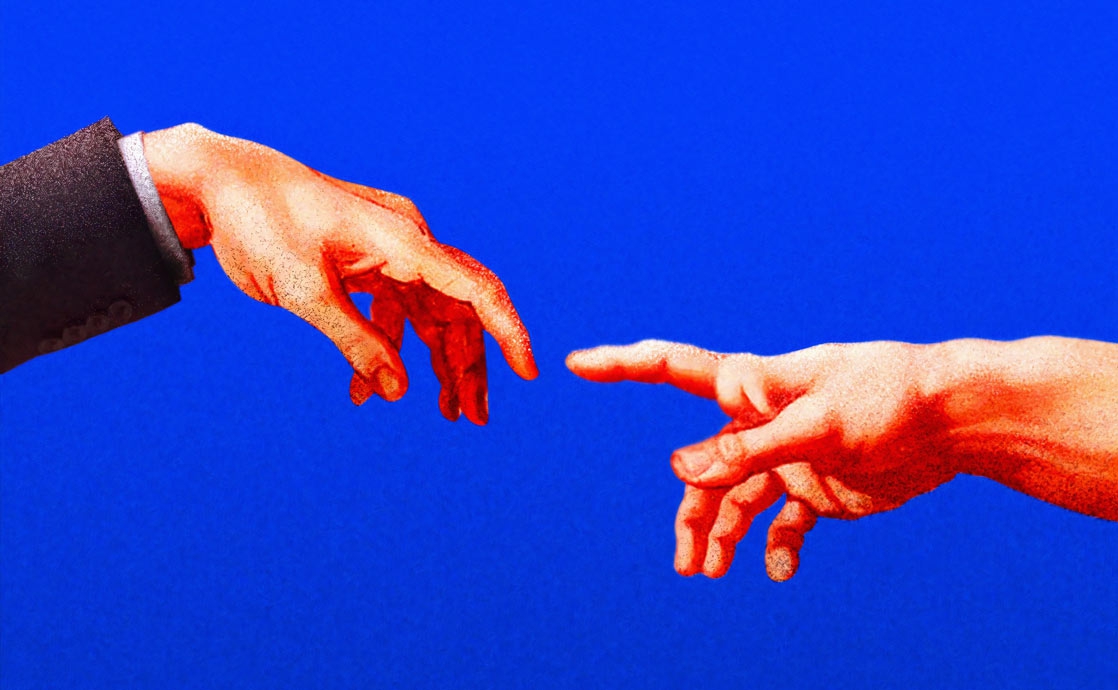



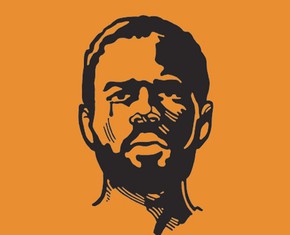









Comments
Sign in or create an account
Continue with Googleor